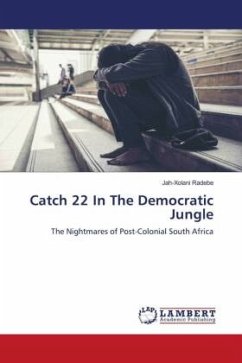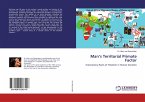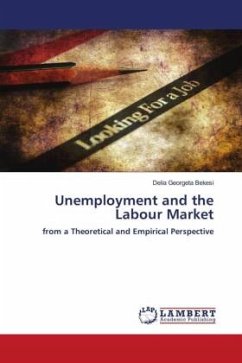South Africa's wealth gap is wider than that of any other country in the world. This book unveils the challenges faced by democratic South Africa, including issues in education, the surge of precarious employment, the perpetuation of poverty in townships and informal settlements, underemployment, unemployment among black youth, and the declining health of this demographic. Serving as a literary portrayal of post-apartheid South Africa, the book sheds light on the pervasive poverty experienced by many blacks. It delves into community struggles against the ANC-led government they voted for, examining the nightmares and enduring pains of apartheid education and how post-apartheid South Africa's education system perpetuates contradictions related to labor, the state, and capital. The book is an eye-opener to the realities of growing precarious employment for black youth. It also scrutinizes the impact of spatial development and the challenging environments of townships, informal settlements, and rural areas, criticizing the spatial nightmare of democratic South Africa. Lastly, it explores the deteriorating health of young people, linked to the use and abuse of psychoactive substances.
Bitte wählen Sie Ihr Anliegen aus.
Rechnungen
Retourenschein anfordern
Bestellstatus
Storno








